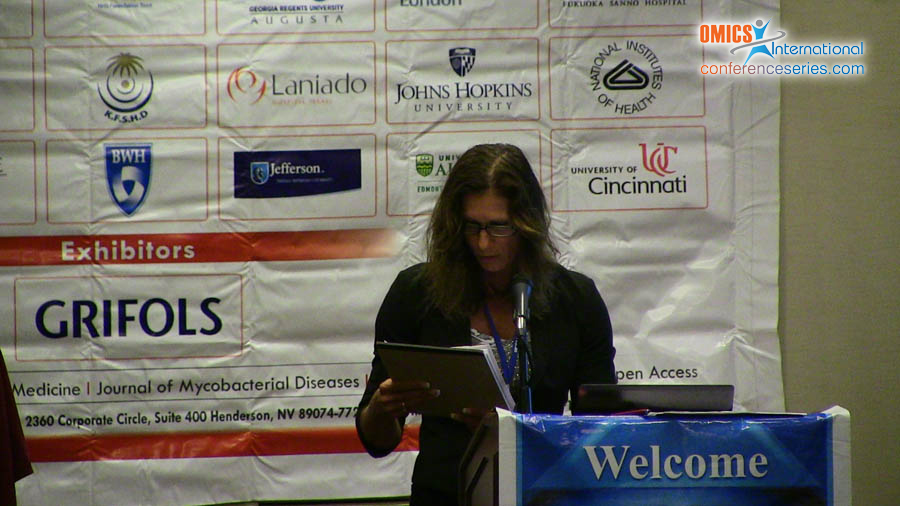
Janet M Urban
Motivator Tobacco Treatment and Wellness Services, USA
Title: Smoking cessation: A review of the literature
Biography
Biography: Janet M Urban
Abstract
There is much literature on smoking cessation. As a worker in the substance abuse field it is necessary to gain insight into the facts, implications and treatments for smoking cessation. Areas to be briefly discussed in this lecture include the following highlights from my recently published book:There is a long history of tobacco use and findings in regards to tobacco use including the following time periods: “The Emerging Awareness of Tobacco’s Hazardous Effects”, “Taking Action”, and “The New Millennium”. Tobacco Dependence is a chronic Biopsychosocial disease characterized by frequent relapse. It has the same manifestation, maintenance and course that addictions have, and it has the same rationale for treatment as other chemical dependencies. Further, it has been found that there is a high morbidity rate related to tobacco use and dependence in people with co-occurring disorders including alcohol and other drug dependencies along with other serious mental disorders. There are multiple biological reasons that clients use tobacco and one proven solution is Nicotine Replacement Therapy as it is safe and has little potential for abuse. Supportive counseling such as group and individual has been shown to be successful in treatment. Various counseling models include: Psychological, Social, Integrative, The five A’s Intervention Tool, Motivational Interviewing, Stage of Change Model, Cognitive Behavior Therapy, Decisional Balance Model, Relapse Prevention Therapy, Behavior Therapy, and Cognitive Social Learning Therapy among others. Tobacco treatment plans include assessment, Integrated Program Therapy Activities and Relapse Prevention strategies. The tobacco industry targets those with mental health disorders. 44%-80% of this population wants to quit smoking. The system of care for this population should not be limited to a single correct model or approach. Tobacco Treatment Groups include both Tobacco Awareness Groups where it is shown to the client that the relationship with the substance is the problem not the substance itself and Tobacco Recovery Groups where craving management techniques are suggested. In summary, good clinicians assess and evaluate, diagnose substance abuse and dependence, engage patients in treatment, conduct individual and group counseling, and work collaboratively with patients to formulate treatment and treat tobacco dependence.\\\\r\\\\n
Speaker Presentations
Speaker PPTs Click Here


